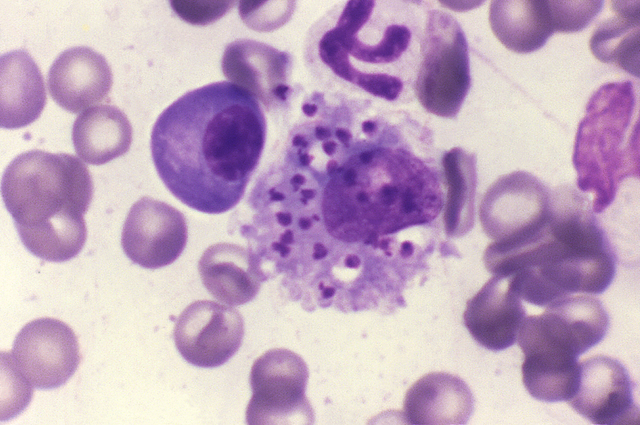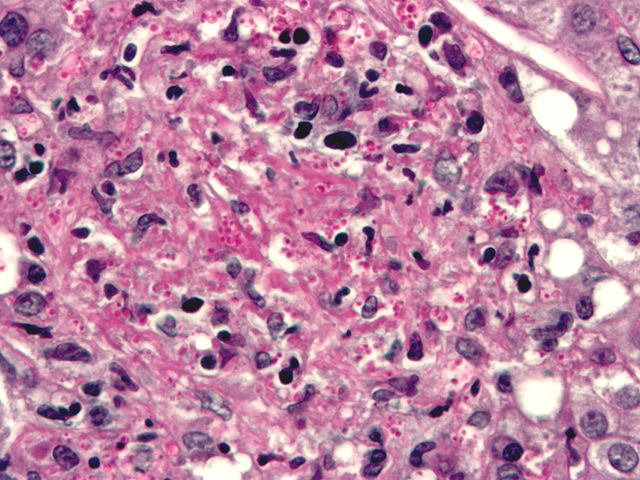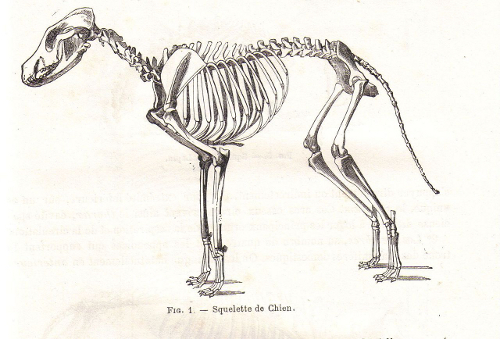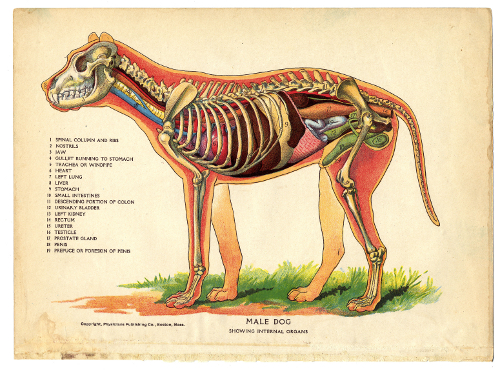Leishmaniasis is spread by the sand fly, and has both visceral and cutaneous forms in dogs as well as humans. The dog is believed to be the reservoir for human disease in the Americas.
The infection occurs when the sand fly contaminates the skin of the host with the parasites, and the incubation period from this infection until when the symptoms show can be anything from one month up to a few years. In dogs, leishmaniasis normally spreads through the entire body to most of the organs. Kidney failure is the most common cause of death in dogs that have this disease, and the majority of all infected dogs develop systemic or visceral disease, and as many as 90% of infected dogs will also develop skin problems.
The skin, liver, kidneys, eyes, joints, and spleen are the main organ systems usually affected, with lesions developing on the skin, and also hair loss. The disease is also known to cause hemorrhaging as well.





